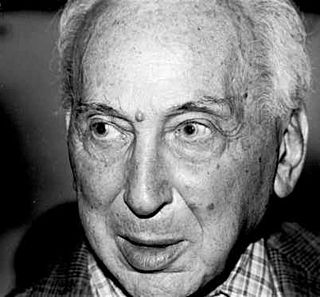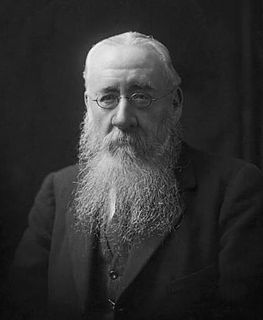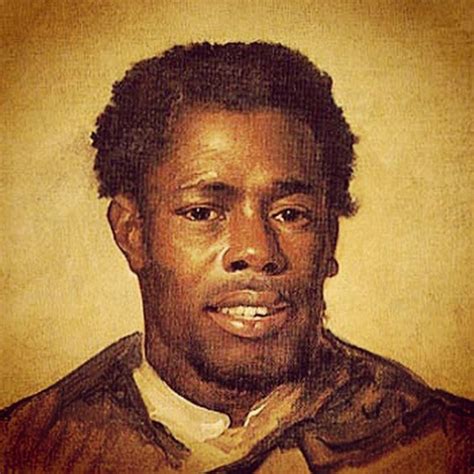A Quote by Andre Kertesz
Everything is a subject. Every subject has a rhythm. To feel it is the raison detre. The photograph is a fixed moment of such a raison detre, which lives on in itself.
Related Quotes
Approaching subject matter to photograph is like meeting a person and beginning a conversation. How does one know ahead of time where that will lead, what the subject matter will be, how intimate it will become, how long the potential relationship will last? Certainly, a sense of curiosity and a willingness to be patient to allow the subject matter to reveal itself are important elements in this process.
Photographers tend not to photograph what they can’t see, which is the very reason one should try to attempt it. Otherwise we’re going to go on forever just photographing more faces and more rooms and more places. Photography has to transcend description. It has to go beyond description to bring insight into the subject, or reveal the subject, not as it looks, but how does it feel?
While we cannot describe its appearance (the equivalent), we can define its function. When a photograph functions as an Equivalent we can say that at that moment, and for that person the photograph acts as a symbol or plays the role of a metaphor for something that is beyond the subject photographed.
They (the novelists) became the voice of the citizen against the ubiquitous raison d'état, which reappeared endlessly to justify everything from unjust laws and the use of child labour to incompetent generalship and inhuman conditions on warships.
The themes they popularized have gradually turned into the laws which, for all their flaws, have improved the state of man.
I am sorry to have to introduce the subject of Christmas. It is an indecent subject; a cruel, gluttonous subject; a drunken, disorderly subject; a wasteful, disastrous subject; a wicked, cadging, lying, filthy, blasphemous and demoralizing subject. Christmas is forced on a reluctant and disgusted nation by the shopkeepers and the press: on its own merits it would wither and shrivel in the fiery breath of universal hatred; and anyone who looked back to it would be turned into a pillar of greasy sausages.
To a mind like mine, restless, inquisitive, and observant of everything that was passing, it is easy to suppose that religion was the subject to which it would be directed; and, although this subject principally occupied my thoughts, there was nothing that I saw or heard of to which my attention was not directed.




































